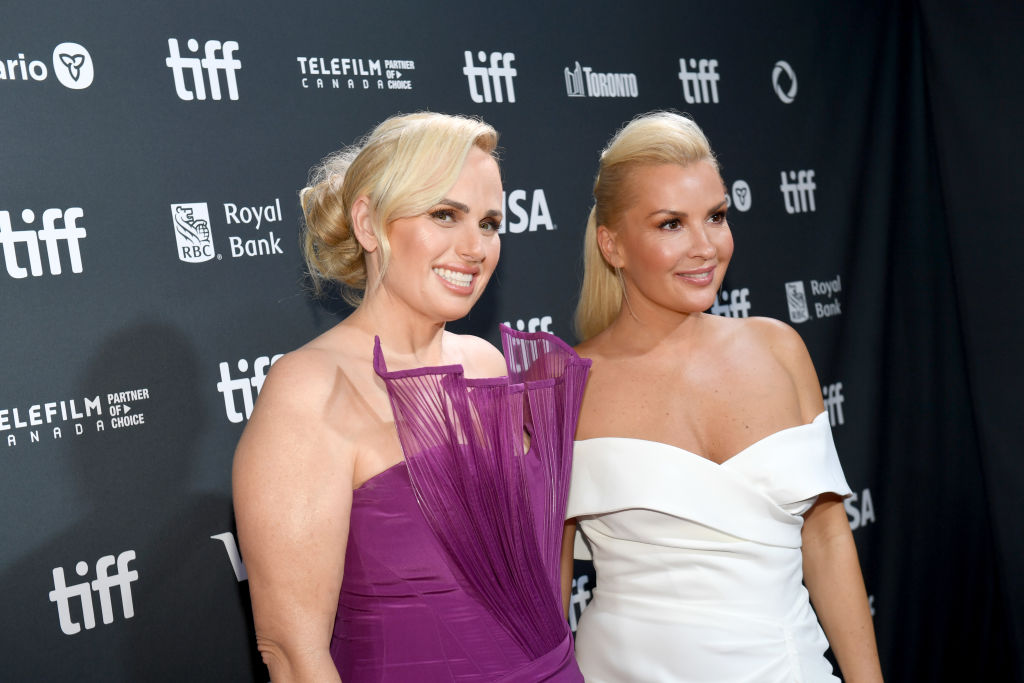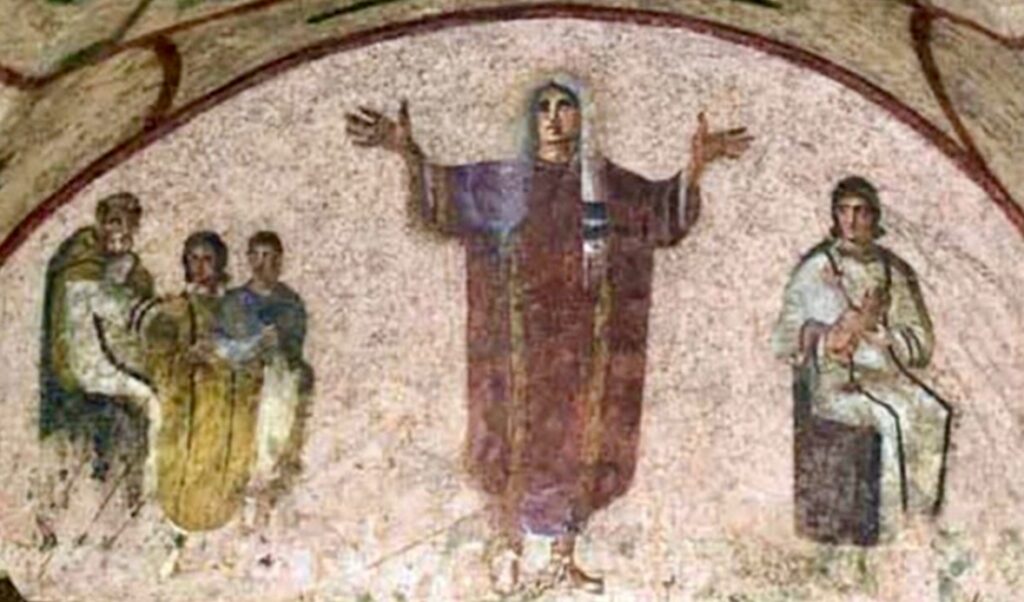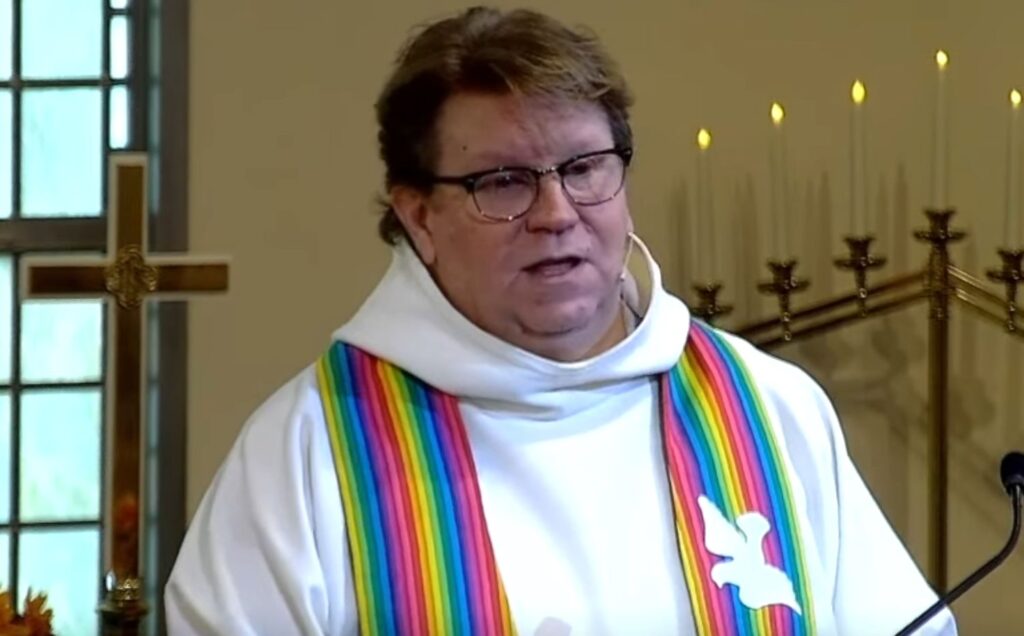Chelsea Connor

CHELSEA CONNOR Growing up on a small Caribbean Island, Chelsea Connor was captivated by the natural world from a young age. She spent her childhood observing the birds, sea urchins, […]
CHELSEA CONNOR
Growing up on a small Caribbean Island, Chelsea Connor was captivated by the natural world from a young age. She spent her childhood observing the birds, sea urchins, snakes, and lizards that brought life to the land and sparked her lifelong quest for knowledge of, and connection to, nature. Connor left the biodiverse island of her childhood to pursue her studies in the U.S., focusing her research on Anolis lizards and tropical ecology in the Lesser Antilles, several small islands in the Caribbean Sea between the Virgin Islands and Grenada. Today, Connor is a herpetologist and science communicator passionate about sharing her love of the natural world. While she finds much of her work rewarding, science communication is especially fulfilling. “Whether I’m speaking to people or using art to reach them—sharing and seeing their joy, curiosity, and a newfound appreciation for science is very rewarding,” Connor says. As a Black woman in the LGBTQ+ community, Connor is no stranger to adversity. She’s faced gatekeeping from peers and professors alike. She’s been ignored, spoken to condescendingly, and has, at times, had to fight for her rightful opportunity to learn and collaborate with others in her field. “People have this idea of you, or how they think they should treat you based off racist, sexist, or homophobic stereotypes,” she admits. Fortunately, these experiences have not stopped Connor. If anything, they’ve helped fuel her drive to continue sharing her passion for science and nature with others. One way that she does this is through Black Birders Week, an initiative she co-founded in 2020. The weeklong celebration of Black naturalists includes a series of online events that encourages Black folks to enjoy the outdoors and pursue careers in STEM.












